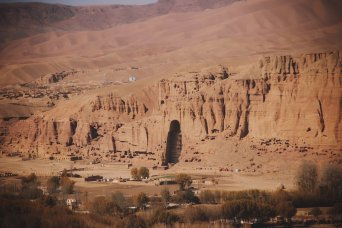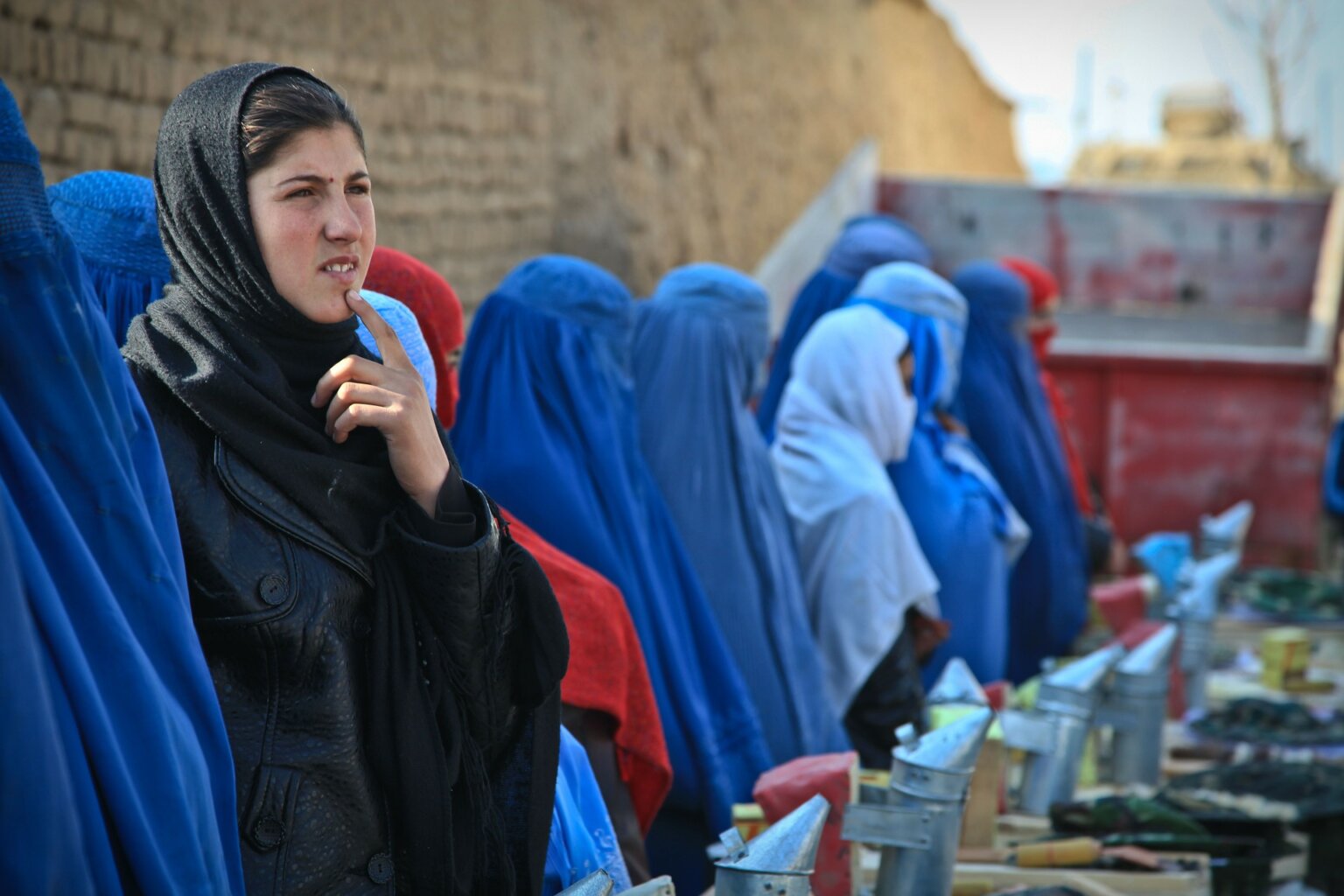- About
- Topics
- Picks
- Audio
- Story
- In-Depth
- Opinion
- News
- Donate
-
Signup for our newsletterOur Editors' Best Picks.Send
Read, Debate: Engage.
| topic: | Political violence |
|---|---|
| located: | Afghanistan, China, Russia |
| editor: | Kaswar Klasra |
On 13 December, 2022, militants of the Islamic State of Khorasan Province (IS-KP) unleashed a gun and bomb attack on a multi-story restaurant popular among Chinese investors and businessmen. The attack on the hotel situated in the heart of Kabul’s financial district has sent a clear message to the foreign businessmen and investors: whoever tries to help the people and the government of Afghanistan would be dealt with the same violence.
However, Taliban forces responded swiftly to the terrorist attack and minimised the loss of lives. Three people were killed and twenty injured, including five foreigners, who sustained bullet injuries and were rushed to a nearby hospital. The attack on the hotel by the IS-KP - an arm of ISIS in Afghanistan - has once again highlighted the threat that militant organisations pose to the government and people of Afghanistan.
This is not an isolated incident: IS-KP has claimed several lives in dozens of attacks across Afghanistan since the US withdrew from Afghanistan. Sources from Afghanistan and Pakistan’s governments have revealed that IS-KP, the Balochistan Liberation Army and Tehreek Taliban Pakistan (TTP) have joined forces to wreak havoc in Afghanistan, Pakistan and India. All three deadly militant organisations are on a rampage.
The attacks on foreigners have raised several questions about the Taliban’s capability against IS-KP, which has emerged as a potential destabilizer of regional peace.
There are no empty threats. On 5 September, 2022, the ISIS-led attack on the Russian Embassy in Kabul killed six people, including two employees of the embassy. On 2 December, ISIS unleashed an attack to assassinate the Pakistani Chargé d’affaires Mr. Ubaid-ur-Rehman Nizamani, who was on a routine afternoon walk inside the Pakistan embassy compound in Kabul. Mr. Nizamani escaped the assassination attempt following the heroic efforts of his security guard who shielded Pakistan’s top diplomat in Kabul, but was struck by bullets in the chest and both legs.
Analysts and experts on the subject see it as a part of a greater conspiracy against China and all those who came to the rescue of people of Afghanistan.
“A stable Afghanistan provides peace and stability in the Nuclear Flash point of the Subcontinent and Central Asia. After the pullout of coalition forces, efforts have been to isolate Afghanistan from the rest of the world, both diplomatically and financially. China is the only country having an independent policy and a vision for underdeveloped countries,” Ijaz-ul-Haq, the former Federal Minister of Pakistan and an expert on international politics, told this correspondent during an interview. “Afghanistan’s potential, with its hidden reserves of minerals and its geopolitical strategic position, was being exploited by China as a friend of its neighbours. This is not being accepted by many and ISIS is the name easy to manage.”
With limited resources at hand, the Taliban government is not capable of rooting out militancy from across Afghanistan without the help of the International community. ISIS may emerge as a greatest threat to regional peace and stability if it is not dealt with tough hands.
The IS-KP has already shown its designs by attacking Russian, Chinese and Pakistani nationals and missions. It is clearly evident that IS-KPs only mission is to hamper these countries' support for the newly established Taliban regime. Pakistan, Russia and China need to highlight the issue of IS-KP at international forums, including the UN, to build pressure against the IS-KP and other militant organisations operating within Afghan soil. Collaboration is the only way to root out militancy from Afghanistan.
Photo by Farid Ershad

